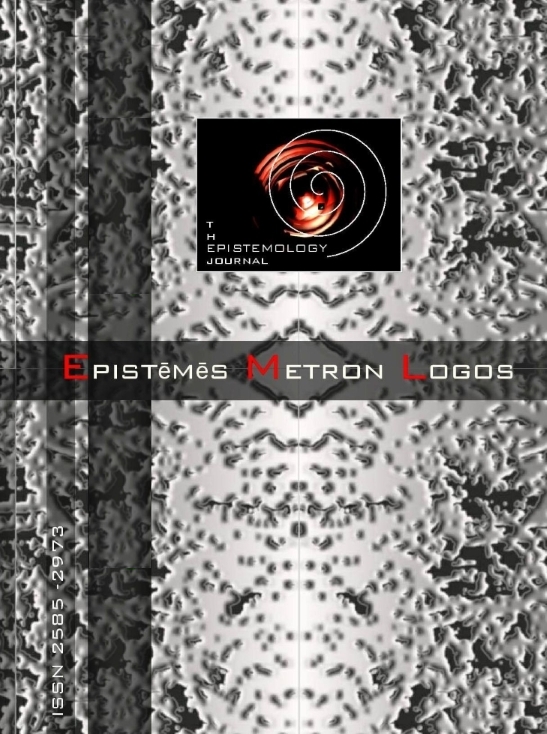Epistemic Injustice and the Witch Hunts: Suppression of Knowledge and Marginalized Voices in Early Modern Europe
Resumen
The witch hunts of the early modern period were not only a tragic episode of mass persecution but also a profound case of epistemic injustice. Thousands of individuals, primarily women, were accused, tortured, and executed based on deeply ingrained biases and flawed evidentiary practices. This paper examines the witch trials through the lens of epistemic injustice, particularly testimonial and hermeneutical injustice, as conceptualized by Miranda Fricker. It explores how societal structures systematically silenced the accused and erased their knowledge, particularly in the domains of medicine and spirituality. The study also highlights how religious and legal institutions manipulated epistemic authority, suppressing dissenting voices and alternative knowledge systems. By analyzing these historical injustices, this paper underscores the enduring consequences of credibility denial and interpretive exclusion, drawing parallels to modern issues of marginalized knowledge.
Article Details
- Cómo citar
-
Paralika, Z. (2023). Epistemic Injustice and the Witch Hunts: Suppression of Knowledge and Marginalized Voices in Early Modern Europe. Epistēmēs Metron Logos, (9), 17–23. https://doi.org/10.12681/eml.40881
- Número
- Núm. 9 (2023): Issue 9 2023
- Sección
- Publishing partner

Esta obra está bajo una licencia internacional Creative Commons Atribución-NoComercial 4.0.
Authors who publish with this journal agree to the following terms:
Authors retain copyright and grant the journal right of first publication with the work simultaneously licensed under a Creative Commons Attribution Non-Commercial License that allows others to share the work with an acknowledgement of the work's authorship and initial publication in this journal.
Authors are able to enter into separate, additional contractual arrangements for the non-exclusive distribution of the journal's published version of the work (e.g. post it to an institutional repository or publish it in a book), with an acknowledgement of its initial publication in this journal.
Authors are permitted and encouraged to post their work online (preferably in institutional repositories or on their website) prior to and during the submission process, as it can lead to productive exchanges, as well as earlier and greater citation of published work.



